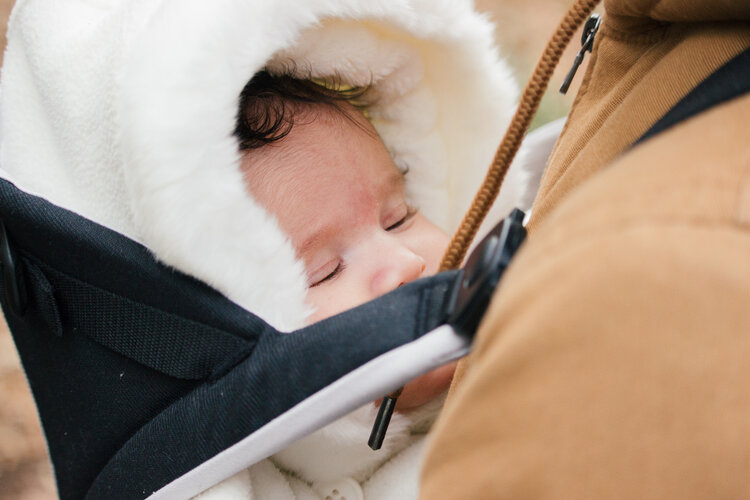
There is no perfect answer for how to grow a family. Adjusting during the months right after the birth of a new baby is the most intense. There are some things that might help. Try to set aside special time for your older child(ren). Each parent should spend some one-on-one with the older child(ren) every day. It’s amazing how much even just 10 minutes of uninterrupted one-on-one time can mean to your child (and help their behavior!). Let your child choose the activity and follow their lead.
- Listen—really listen—to how your child feels about the baby and the changes in your family. If they express negative feelings, acknowledge them. Help your child put their feelings into words. Never deny or discount your child’s feelings.
- Make sure it is very clear that absolutely no hurting is allowed. Give your child other ways to express bad or angry feelings they may have toward the baby. For example, they could draw an angry picture of the baby, or act out their wishes with dolls, or roar like a lion.
- “Baby” your older children, if that’s what they seem to crave. This may help prevent regression in areas that are less acceptable to you. Parents often expect older children to become more independent when a new baby arrives. If you expect less independence from your older children, they might be more likely to seek it!
- Have the new baby and older child exchange gifts.
- Have some special “big brother” or “big sister” gifts to give your child as friends and relatives start showing up with baby gifts, so your older children won’t feel left out.
- Remind visitors to pay attention to your older children, and not just the baby.
- Make sure the older children have private space and things of their own that they don’t have to share with the baby.
- Give them special jobs that they can do to help the family and help with the baby’s care (but don’t overdo it—take your cue from your child on this).
- Let older children participate in the baby’s care—baths, dressing, pushing the stroller, etc.
- Point out the benefits of being an older child, like choosing what to eat, being able to go the park and play, and having friends.
Special Tips for Stepfamilies
If you are in a stepfamily, older children can experience very complicated feelings when a new baby is born. Older children in stepfamilies might have a strong connection with both you and a nonresident father. When you and your new partner have a baby together, your older children can experience loyalty conflicts, causing them to hesitate forming a close bond with the new baby and your new partner out of fear that it might somehow betray their nonresident father. Provide a safe space for your older children to process these feelings.
Here are some online resources that might be helpful: http://www.stepfamilies.info and https://www.aamft.org/Consumer_Updates/Stepfamilies.aspx
Source: We appreciate the C.S. Mott Children’s Hospital at Michigan Medicine for a helpful post about bonding and Dr. Todd Jensen from the UNC School of Social Work.





